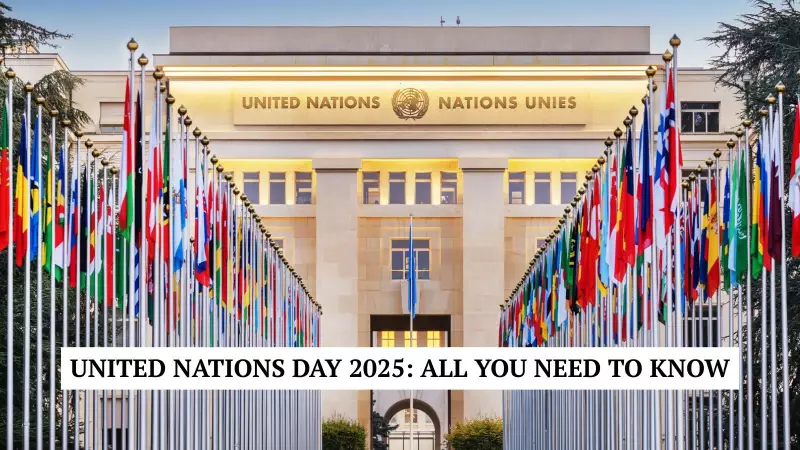
The United Nations Day, observed annually on October 24th, takes on special significance in 2025 as it marks the 80th anniversary of this global organization's founding. This milestone celebration honors nearly eight decades of international cooperation, peacekeeping efforts, and humanitarian work across the globe.
What Makes UN Day 2025 Extraordinary?
While United Nations Day has been celebrated since 1948, the 2025 observance carries additional weight as it commemorates 80 years since the UN Charter officially came into force in 1945. This represents eight decades of continuous work toward maintaining international peace and security.
The Historical Foundation
The United Nations emerged from the ashes of World War II, with 51 founding countries committing to prevent future conflicts through diplomacy and collective security. Today, the organization has grown to include 193 member states, each contributing to its mission of fostering global cooperation.
UN Day 2025 Theme and Significance
Although the official theme for UN Day 2025 will be announced closer to the date, expectations point toward focusing on sustainable development goals and climate action. The day serves as a powerful reminder of our shared humanity and the importance of international collaboration in addressing global challenges.
How the World Celebrates
United Nations Day observances typically include:
- Cultural performances showcasing global diversity
- Educational events in schools and universities
- Flag-raising ceremonies at UN offices worldwide
- Debates and discussions on international issues
- Special meetings addressing current global challenges
Why UN Day Matters More Than Ever
In an increasingly interconnected world facing complex challenges like climate change, pandemics, and regional conflicts, United Nations Day 2025 emphasizes the ongoing relevance of multilateral diplomacy. It celebrates how nations can work together to create solutions that benefit all humanity.
The 80th anniversary provides an opportunity to reflect on the UN's achievements while recognizing the work still needed to achieve the organization's founding ideals of peace, development, and human rights for all people worldwide.





